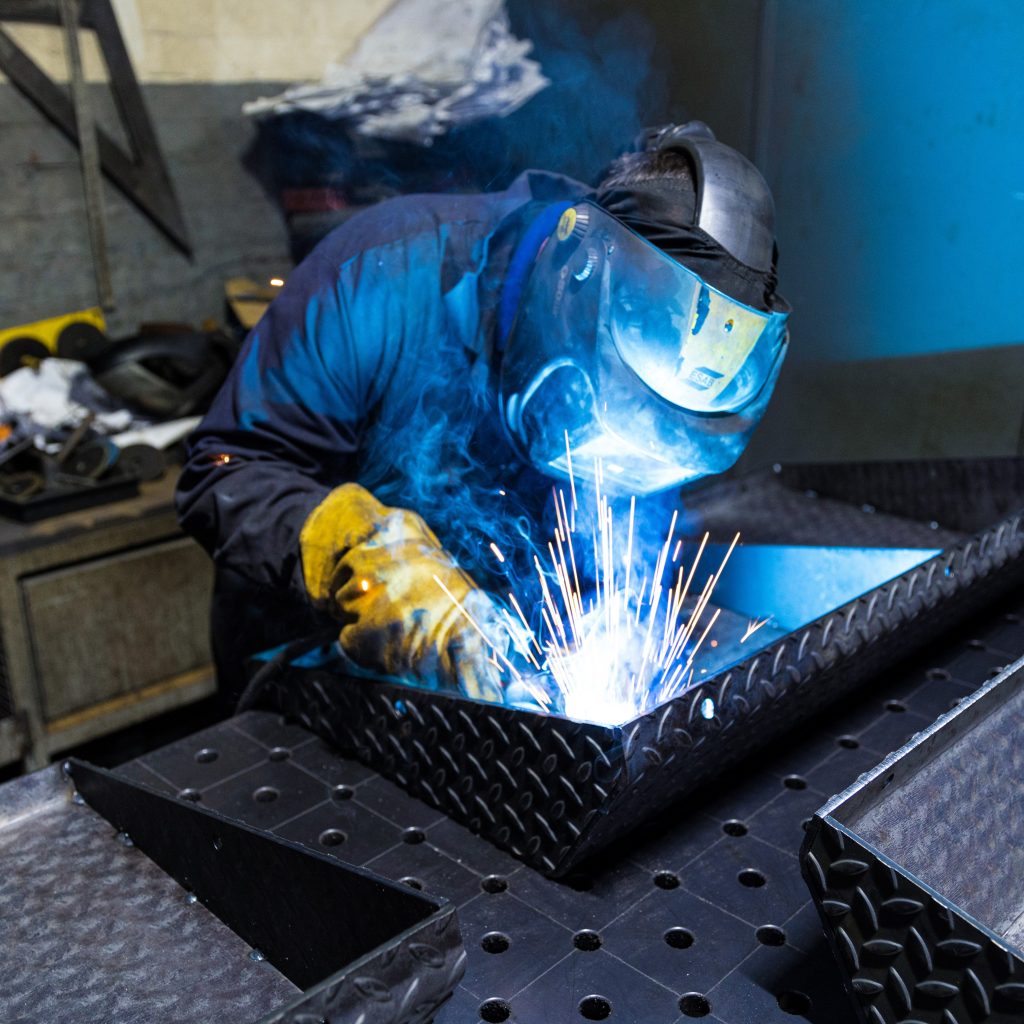Custom vs. standard fabrication – which approach is right for your project?
When it comes to metal fabrication, one size does not fit all. The decision between custom and standard fabrication approaches, hinges on a number of different factors, each influencing the outcome and quality of your project. Understanding the distinction between these methods is an important part in the process of selecting the right approach for your specific project needs. In this blog, we discuss the benefits of each method and a couple of tips to help you make your decision.
Custom Metal Fabrication
Custom metal fabrication is all about precision and adaptability. This approach involves crafting components and parts to exact specifications, ensuring a perfect fit for your unique requirements. Here are some key advantages of opting for custom fabrication;
Precision
Custom fabrication allows for meticulous attention to detail, resulting in components tailored precisely to your specifications. From dimensions to material selection, every aspect is carefully considered to meet your standards.
Performance
Tailoring components to specific applications enhances performance and functionality. Custom solutions are engineered to withstand the restrictions of your operations, delivering reliable and durable results.
Bespoke fabrication is completely flexible, accommodating diverse design requirements and material preferences. Whether you need specialised finishes or intricate designs, custom solutions can fulfil even the most complex specifications.
Efficiency
By eliminating the need for modifications or adaptations, custom components streamline installation and integration processes, reducing downtime and enhancing operational efficiency.
Standard Metal Fabrication
Standard metal fabrication often used by mass production of pre-designed components, offers convenience and affordability. While this approach may be suitable for certain applications, it comes with inherent limitations.
Limited Customisation
Standard fabrication options are constrained by predefined designs and dimensions, limiting customisation options. ‘Off-the-shelf’ components may not align perfectly with your specific requirements, necessitating compromises in functionality or performance.
Generic Solutions
Standard fabrication tends to offer generic solutions that may not fully address the nuances of your application. While cost-effective, these solutions may fall short in terms of performance or durability compared to custom alternatives.
Compatibility Concerns
Off-the-shelf components may not seamlessly integrate with existing systems or processes, leading to compatibility issues and potential inefficiencies. Compatibility concerns can result in additional costs and complexities down the line.
Choosing the Right Approach for Your Project
Selecting the optimal fabrication approach requires careful consideration of various factors, including:
- Project Requirements
- Budget
- Timeline and Lead Times
C&C Expertise
Bespoke fabrication is one of our key offerings at C&C. With over 23 years of experience in this industry, our expert team are here to advise you on a range of bespoke fabricated products. If you require further advice to help you make your decision for an upcoming project, get in touch with our team here.
If you would like to learn more about the service we offer at C&C Fabrications, click here




